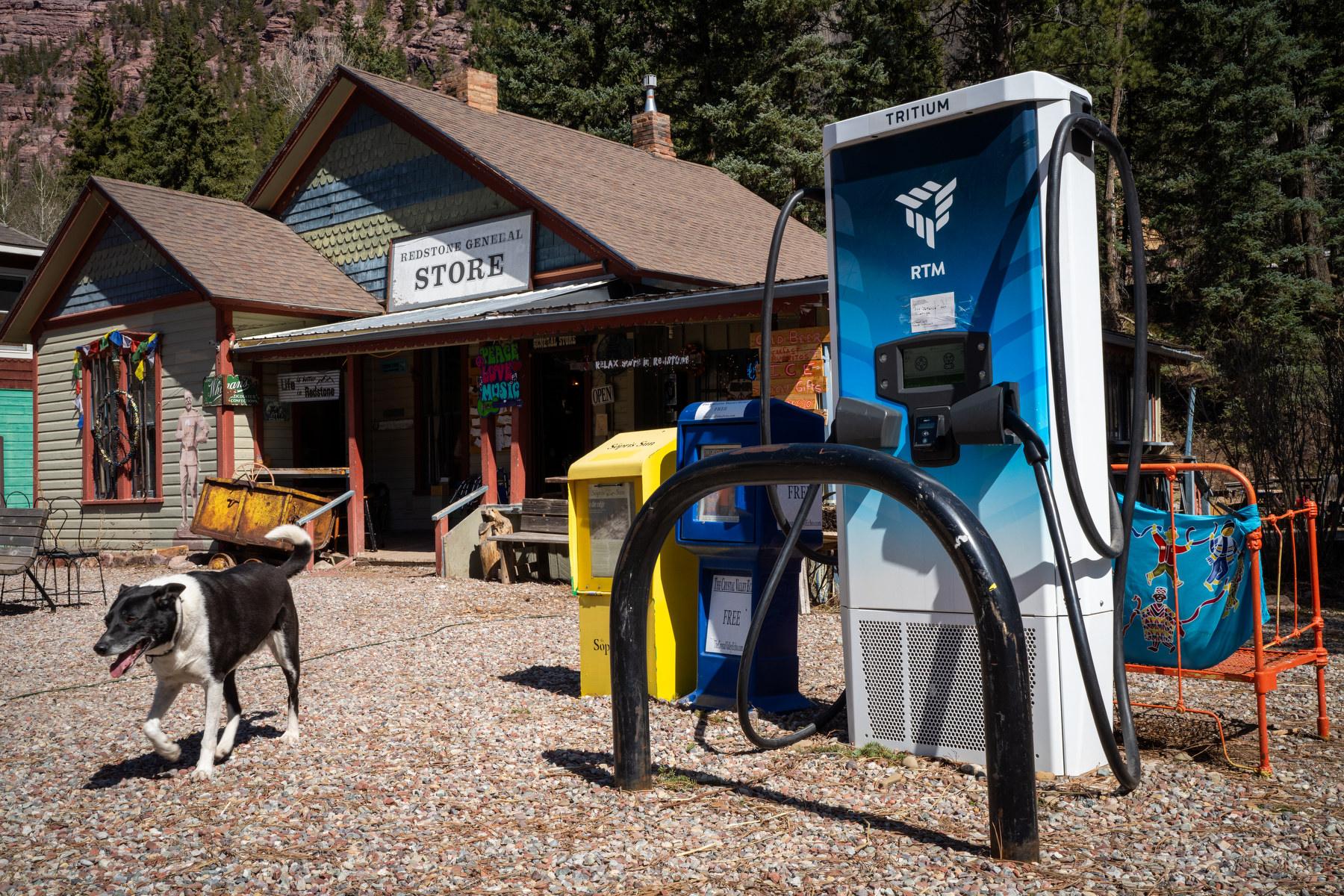Organizations providing resources for people experiencing domestic violence and abuse have had to change their practices during the COVID-19 outbreak.
TESSA in Colorado Springs is an agency that aids people who may be experiencing domestic violence. Ordinarily, clients would drop-in and meet with an advocate who would help them find a safe place to stay, provide counseling and connect with community partners. Due to concerns over the novel coronavirus, the organization has stopped walk-in visits, but continues to provide the same support over the phone and through a 24-hour safeline.
Anne Markley is the interim CEO at TESSA. She said one challenge she's faced is letting people in the community know the organization is still open.
"We want to make sure the community understands that just because you can't go to a restaurant, or retail is shut down, or you can't be in groups of more than ten people," said Markley, “that our services and those of our community partners are still being offered, just in a different way than they have in the past. There are still ways for you to reach out. That hasn't gone away."
The biggest change for the organization, she said, has been stopping outreach in schools because of related closures. She said the organization is exploring launching a YouTube channel and other online resources to provide information to youth in the interim.
While Markley hasn't seen a change in the number of people calling to connect with an advocate, she does anticipate that increased isolation from support systems and feelings of vulnerability could contribute to a change in the future.
Conversely, the El Paso County Department of Human Services has seen a decrease in the number of calls reporting child abuse over the past few weeks. Julie Krow, who runs the department, said she has seen close to a 50 percent decrease in calls this week. The department logged around 355 calls the first week of March, in comparison to between 170 and 200 calls this week.
Krow said this change could be due to the fact that children are not in school and a large volume of the calls they receive come from mandated reporters like teachers. The department has also seen a slight decrease in the number of calls reporting elder abuse, potentially due to the fact the elderly are more isolated in their communities.
The department still actively investigates reports of child and elder abuse, but has changed some in-home visits for adults to video conferencing to mitigate the risk of transmitting COVID-19 to vulnerable elderly populations.
Krow said a decrease in calls does not indicate a change in child or elder abuse numbers in the community, but during times of stress, risk factors for abuse can increase.
"If someone has lost their job, isn't able to pay their rent, doesn't have food, all of those things are risk factors," said Krow. "It doesn't mean that abuse or neglect would happen, but financial stress is a risk factor."
Anne Markley from TESSA said domestic violence incidents can also be affected by stressful incidents.
"The root of domestic violence is present without the stressors, but the stressors can be the tipping point [for incidents of violence or abuse] during times like this," said Markley.
Both organizations are working on future plans to serve the community as the COVID-19 pandemic changes, but for now Markley and Krow both said the most important thing is people know their services are still active.
If you or someone you know is experiencing domestic violence, call TESSA's 24-hour Safeline at 719-633-3819. To report cases of child abuse, call the Chilld Abuse or Neglect Hotline at 1-844-264-5437. To report cases of elder abuse or neglect, call the El Paso County Human Services Adult Abuse or Neglect Intake Line at 719-444-5755.









